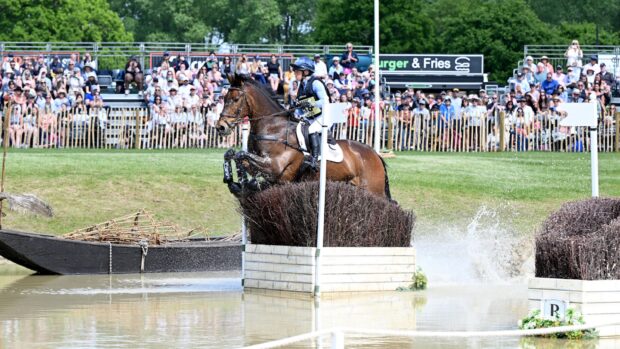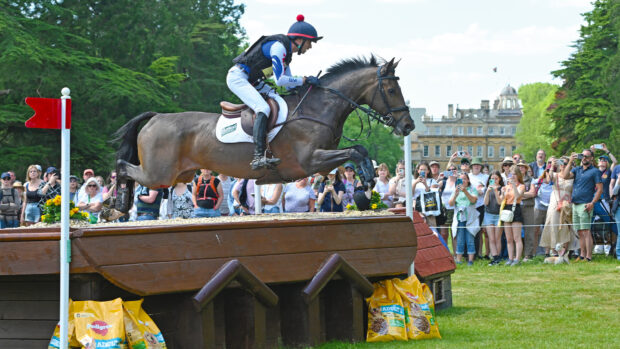The Beaufort Hunt stables — which will be used for the four-star horses at the Mitsubishi Motors Badminton Horse Trials in six weeks’ time — have been emptied to allow through cleaning and disinfection after confirmation of the equine herpes virus (EHV-1) in the stables on Monday.
A statement from event director Hugh Thomas said: “Urgent action has been taken to ensure the hygiene and biosecurity of the stables… The equine herpes virus cannot survive outside the horse for any appreciable length of time.”
These steps follow a meeting at Badminton on 20 March with Dr Richard Newton, the head of epidemiology and disease surveillance at The Animal Health Trust “to develop a strategy to contain the outbreak and to provide an effective biosecurity programme in order to ensure the safe running of the Badminton Horse Trials”, according to the full report by the event’s expert veterinary team.
The event has isolation premises “far enough away from Badminton House and Park so that, even in the event of further cases developing, they will not be in a position to threaten the event stables and grounds”.
The six horses which had close contact with the horse confirmed to have the neurological form of EHV-1 will be monitored separately and all 33 in-contact horses will be closely monitored. The horse in question is improving and expected to make a full recovery.
There will be no horses in the stables, nor riding in the park between now and the arrival of competitors.
“We are assured that… this approach will provide a clean and safe environment for competitors and their horses at the Badminton Horse Trials,” continued the report.
The report concluded: “It is an accepted risk of horse competition that horses coming from many different home stables and environments can carry infection with them and present a risk to each other, although this risk is considered to be acceptably small (but never zero in the case of EHV-1) in ‘elite’ athletic horses such as those attending the Badminton Horse Trials.
“However it is to be hoped that all horses taking part will be monitored as part of their normal programme at home and, as always in the past, all horses will be routinely examined by veterinary surgeons on arrival at Badminton before being allowed into the stables.”




